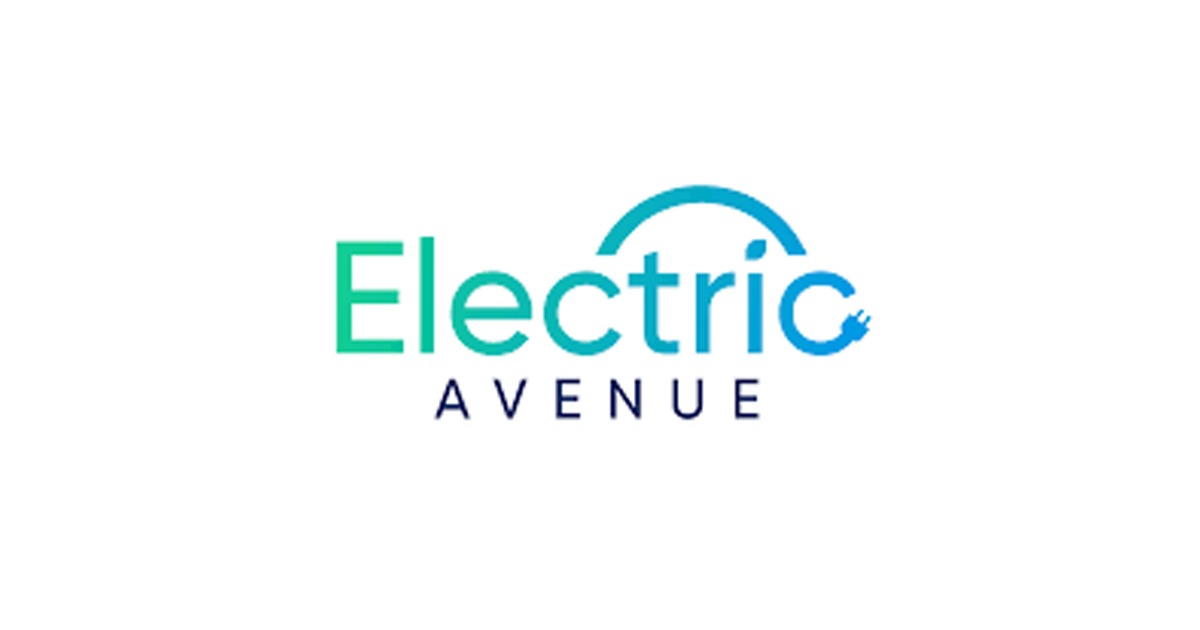Collective vs. Collaborative

July 5, 2019
By Rick McCarten
Are you a right-wing hawk or a left-wing socialist? Do you believe in the betterment of all, or do you believe that free will results in the betterment of the country?
What if all that rhetoric about left and right was merely a distraction?
As our society is inundated with new technology, maybe it is time to start thinking in terms of cost, advantages and strategy — and not about the polarized positions of the past and protectionism.
Consider America and China. China spends a lot more time and effort on collaborative ventures than America. If you compare the two, China has been growing at a much faster pace than America and is positioned to overtake America soon.
This growth is not just about numbers. Yes, China has more people, but so does India. Credit for China’s growth is due to its strategic structure. It will remain to be seen if this structure of collaboration is sustainable over the long haul.
Sure, America, the “land of the free,” has a lot of collaboration. The country’s highways, streets, bridges and subways are all built through collaboration, as are America’s army and banking infrastructure. America has invented one of the most successful social programs to date: the public-school system. The country took millions of children and taught them how to read, write and multiply. This improvement to the productivity of the country is immeasurable.
Let’s look at other differences: at this time between Canada and the U.S. healthcare is an obvious difference — which is a collaborative approach in Canada. When we compare costs in terms of GDP, Canadian costs are 10%, while the U.S. spends 19%. If our collaborative healthcare program were to be adopted by the U.S., they could potentially reduce their cost by 9% of GDP, or in 2018 numbers they would save close to $1.9 trillion a year (which is the entire Canadian economy). Conversely, if Canada adopted the Australian healthcare system, we could reduce our costs by another 1%, or $18 billion.
These examples are like insurance. Everyone knows that the larger the insurance pool, the less expensive insurance costs will be. Collaboration can work in much the same way. Pooling your resources to produce one system — rather than many.
But, collaboration can play another role too. Simply put, collaboration often helps things get done. Take the unified efforts of the national railway across Canada. British Columbia and Alberta could have been lost to the U.S. had Canada not worked together to build the connection. Another collaborative effort was the CPP; economists have proven that with a strong old age security program, people will spend more of their income rather than save it, thereby boosting the economy. Canada has one of the best social security programs with an investment portfolio of close to half a billion dollars and a record of beating the market in growth by 3.9% annually.
The same collaborative approach holds true for companies. Collaboration can be beneficial for all. Back in the days of incandescent light bulbs, lighting manufacturers agreed to have only one bulb plant, rather than three of four. This reduced production costs and allowed everyone to make better margins rather than running their own factory.
In this new age, one of the most interesting collaborative opportunities will be data. The bigger the pool, the better the information. Winners and losers could be formed by those who have the best data, or who has access to the most information (here’s a thought: information pools could become like insurance pools).
In the coming years, Electro-Federation Canada can play a huge role in offering its members access to a large pool of data. Transparency will become a tool and all successful companies will have to adapt. This will take a willingness to give a little and get lot in return.
Rick McCarten is VP, Operations, Electro-Federation Canada.











